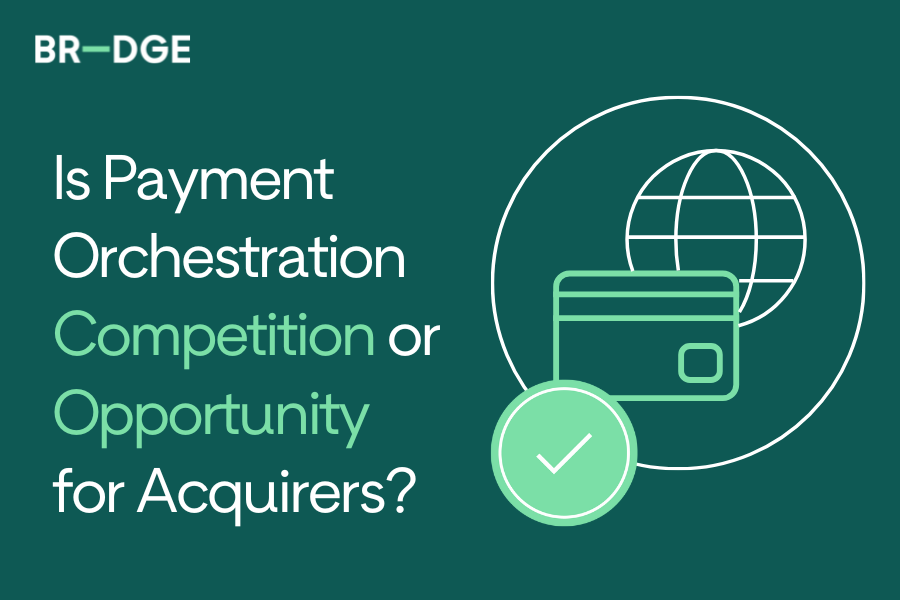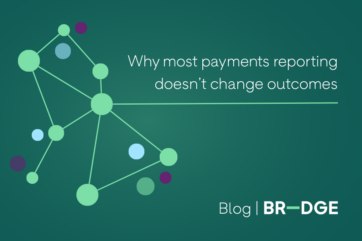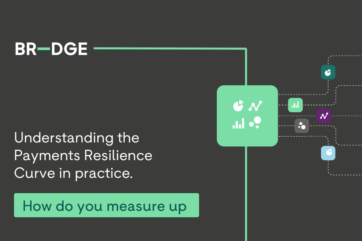
Is Payment Orchestration Competition or Opportunity for Acquirers?

Acquirers and Payment Service Providers (PSPs) have always played a central role in payments, helping merchants with everything from transaction processing to fraud prevention. But as merchants ask for more flexibility in payment methods and services, PSPs must reconsider how they deliver value. Our latest whitepaper explores the opportunities and challenges of payment orchestration and explains why it could be the key to staying ahead in a multi-acquirer world.
PSPs have historically worked hard to offer complete, bundled solutions that cover all a merchant’s payment needs, from transaction processing, fraud protection and payment gateway services to compliance with local and international regulations.
However, with increasing merchant expectations for flexibility and the growth of competition from fintechs, the traditional bundled model is becoming increasingly unsustainable. It’s a bit like giving merchants a fixed menu when what they really need is the freedom to customise - payment solutions that match their business models, customer needs and growth ambitions.
The rise of multi-acquiring relationships, where merchants work with multiple payment providers to optimise for cost, speed and convenience, has created a demand for payment solutions that can easily integrate with multiple acquirers and transaction types.
“Technological advances and the software revolution have resulted in the payments ecosystem evolving, and merchants’ needs are changing as a result,” explains Suren Nawalkar, Senior Vice President, Business Development, United Kingdom and Ireland, Mastercard. “Merchants want to expand their geographical reach easily, offer a wide variety of payment options (e.g. financing), ensure resiliency from unplanned outages and do so in a safe and secure manner.”
In steps payment orchestration
Initially, acquirers and PSPs viewed payment orchestration as a threat - a way for merchants to bypass traditional payment providers by directly connecting to a range of acquirers and payment methods. However, many are beginning to see orchestration not as a competitor, but as an opportunity to modernise their own technology stacks, access target volumes and offer better, more flexible services to their merchants.
Payment orchestration platforms enable PSPs to offer a wider variety of payment methods, gateways and transaction types through a single, integrated solution. This flexibility helps PSPs meet the changing needs of merchants without having to build everything from scratch or maintain a bloated, complex infrastructure. It also enhances resilience - if one provider goes down, transactions can be rerouted seamlessly, minimising disruption and protecting revenue.
According to Charlotte Al Usta, Principal at consultancy Flagship Advisory Partners, many fully bundled PSPs are inflexible and need to leverage orchestration to become more relevant. “Orchestration is a great way for acquirers and PSPs to become competitive versus the fully bundled PSPs that didn’t go as far down the route of M&A.”
Partnering with orchestrators
Rather than seeing orchestration as a disruption, PSPs should view it as a way to future-proof their offerings. Payment orchestration isn’t just a workaround - it’s a way to modernise and adapt in a space where speed, adaptability and customer expectation are constantly shifting.
By partnering with an orchestration provider, PSPs can remain at the centre of the payment process while enabling merchants to benefit from a broader range of payment solutions. This approach means PSPs can scale their services without taking on the immense costs and complexities of maintaining a vast network of direct integrations. For example, orchestration simplifies international expansion, allowing PSPs to support local payment methods and compliance needs across different markets without re-engineering their core systems.
The model also opens up new opportunities to provide value-added services to merchants, such as smarter transaction routing, real-time fraud detection and enhanced reporting capabilities. It also enables true choice - from payment methods to fraud tools - helping PSPs strengthen merchant loyalty and shift from being seen as suppliers to strategic partners.
Rather than being left behind, PSPs leveraging orchestration can continue to lead the way with new features and innovations that are important to the future of payments. The rise of payment orchestration could be the key to staying competitive, finding new opportunities and providing more value to merchants than ever before.
Ready to discover how payment orchestration can transform your business? Download our whitepaper now to learn more about how you can stay ahead in a multi-acquirer world.
Related content






